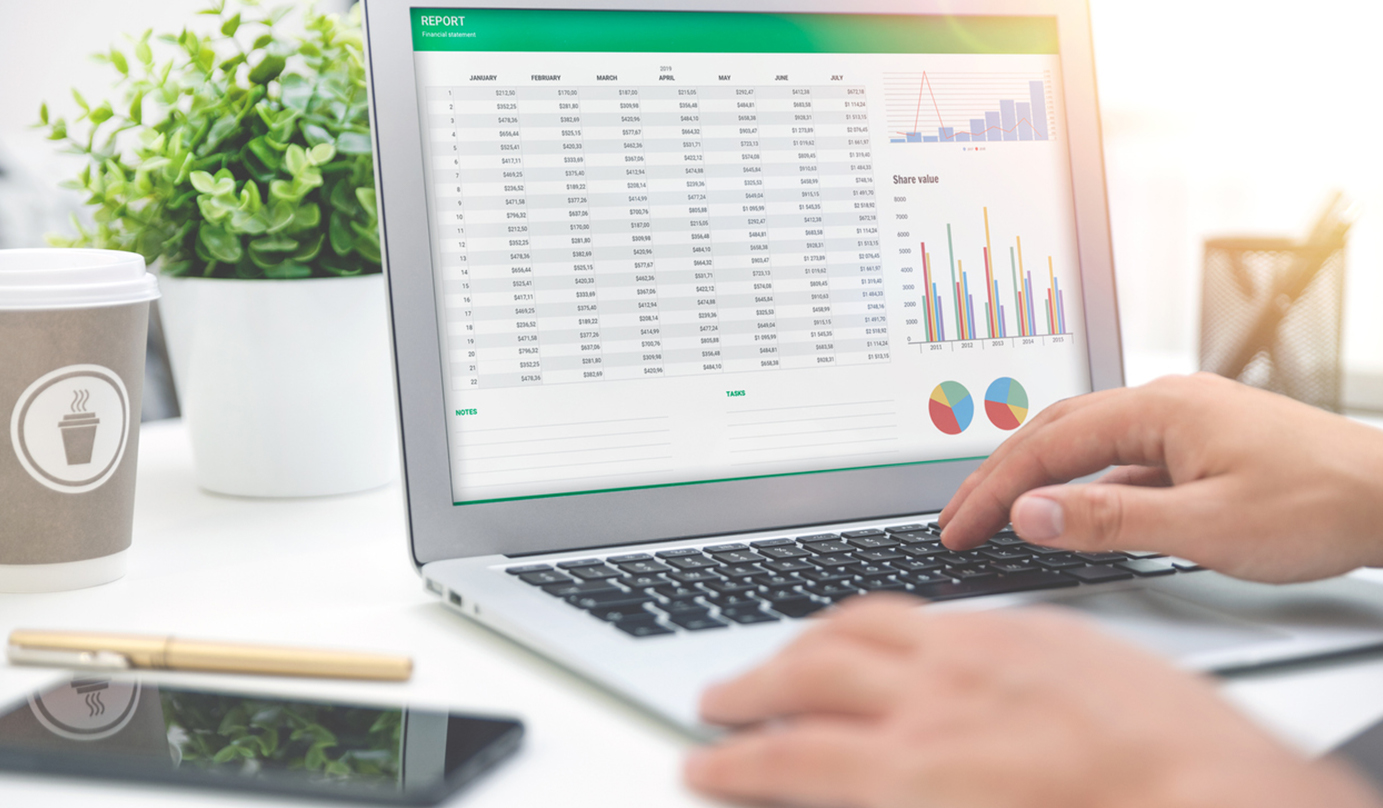
We have learned all about physics and chemistry experiments. They teach us amazing things. But you do not need to be an adult to do science. Science can be done by anyone, anywhere. All you have to do is start planning.

An experiment starts with a question. What will happen if you do something? You try to predict what will happen when you do something. This prediction is called a hypothesis.

Then you design your method. Your method is how you will do the experiment. Your method will help you prove your hypothesis.

Once you have done your experiment, you will have some data to look at. Your data is what you have found. You must infer from your data to see if your hypothesis was correct. You write your findings in your conclusion. You write if your hypothesis was right or wrong. Either way, you will find something interesting!

What would happen if you dropped an egg from the top of a building? Do you hypothesize that the egg would crack? You can use science to help your egg survive the fall. You could give your egg a sturdy container. You could surround your egg with some padding. You could give your egg a parachute to slow down the fall.

What would happen if you played loud music around your plants? Would it make a difference? You could try growing some plants with music and some without music. You could see which plants grow quicker. You could compare the effects of different types of music. You could see what happens when you play real instruments around plants. Would these things make your plant grow faster?

What is the best design for a paper airplane? There are many things you could do to make a great paper airplane. You could try using different kinds of paper. You could give your airplane some extra parts to help it fly for longer. You could try out different ways of folding your paper airplane. Would these things make your paper airplane better?

There are many interesting questions you could try to answer. What would happen if you mixed oil and water? How does a kaleidoscope work? Why does every string on a guitar have a different thickness? Get out your science notebook and get started. What questions will you ask?

Remember to always be safe when doing experiments. Check with an adult if your experiment is safe. The best scientists plan carefully before doing an experiment.